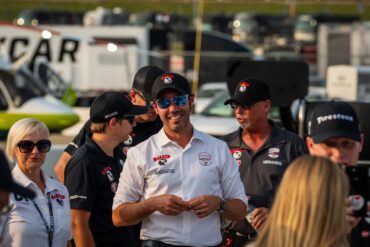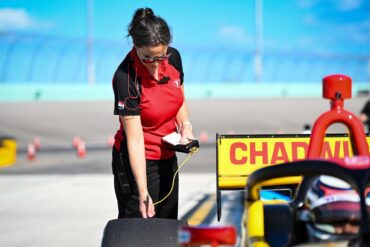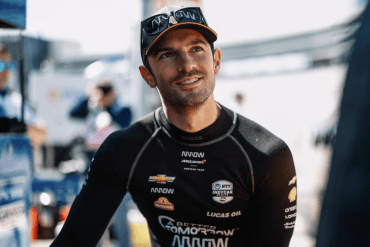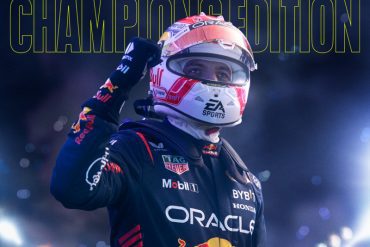For some people, HMD Motorsports has come out of nowhere, but its...

What does great leadership look like in the world of motorsports? Whether it’s a race car driver, pit crew member, or engineer, a racing leader has a combination of the right skills, qualities, and actions that provide value to the team and sport. They need to have a clear vision on what they want to achieve. They have a good understanding of the overall strategy, goals, and desired outcome. Motorsports leadership requires effective communication. A pit crew leader, for example, conveys information, instructions, and feedback to the team. They also actively listen and encourage open dialogue. Accountability and integrity is also a big part of racing leadership. They display fairness, adhere to ethical standards, lead by example, and hold themselves accountable.
Josef Newgarden is a great example of a racing leader that displays resilience and adaptability. In a sport that represents so many potential setbacks, Newgarden has persevered through many challenges and established himself as a consistent winner. He also displays leadership outside of the race track by co-founding Podium Life, a motorsport newsletter and racing magazine. For more about leadership on Podium Life, use this page as a list of hand-picked content that is constantly updated and specific to racing leadership stories. From Gary Vaynerchuk to IMS President Doug Boles, this page has a wide range of motorsports professionals, drivers, and fans that share their perspective on leadership.
Continuous learning and improvement is another strong quality of a racing leader. They stay up-to-date on the latest industry trends, tech advancements, and race strategies. Not only that, they also encourage their team to do the same by providing opportunities for learning and development. Risk management is another noteworthy skill needed, as the balance between safety and calculated risks is crucial in the world of racing. And, above all else, racing leaders have to be results-oriented because it’s a results-oriented sport. If you want to race in the Indy 500, for example, you have to qualify for the race. It’s important for teams to strive for excellence, set challenging (but attainable) goals, track their progress along the way, and celebrate when wins are achieved.













